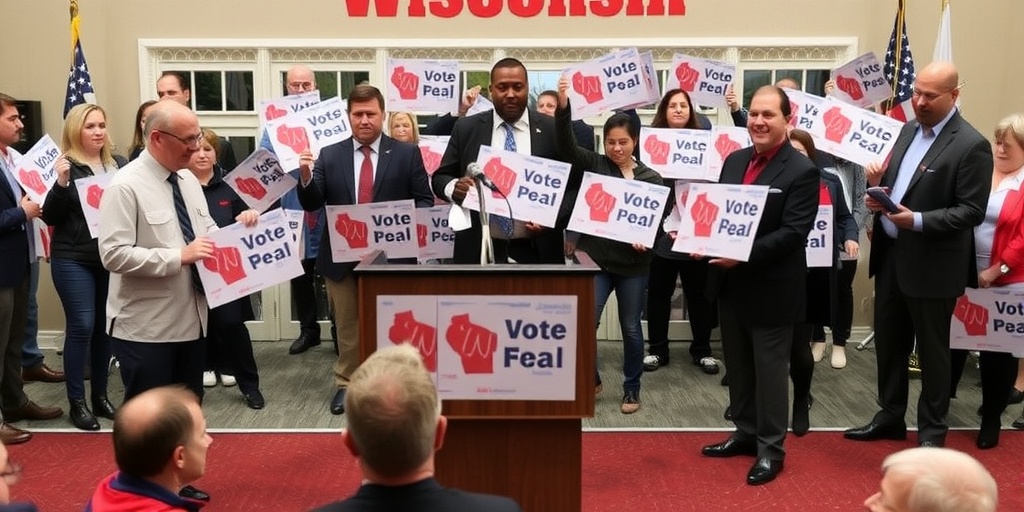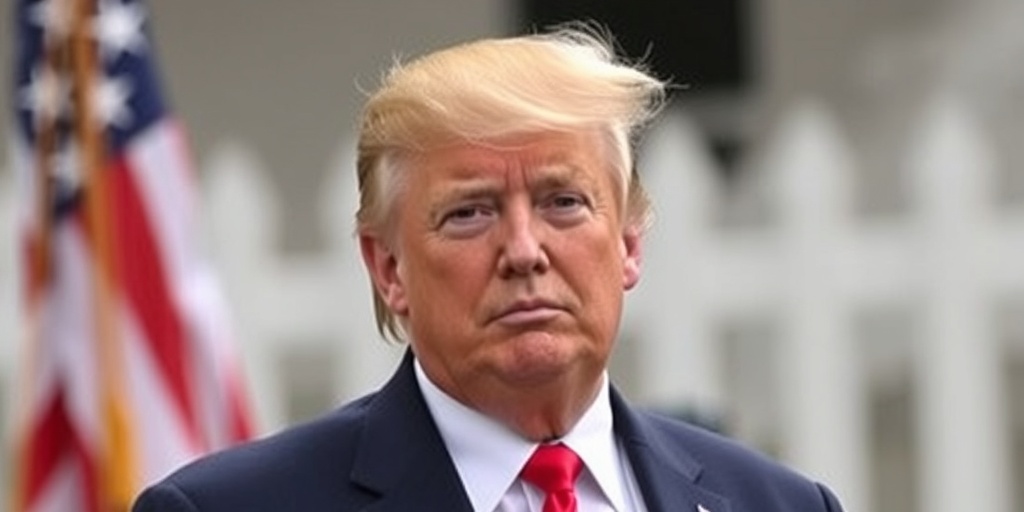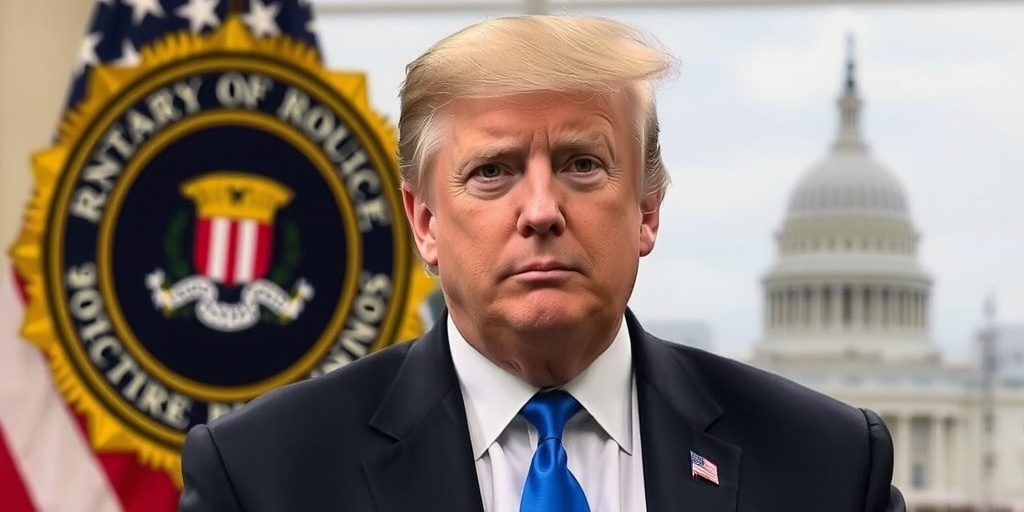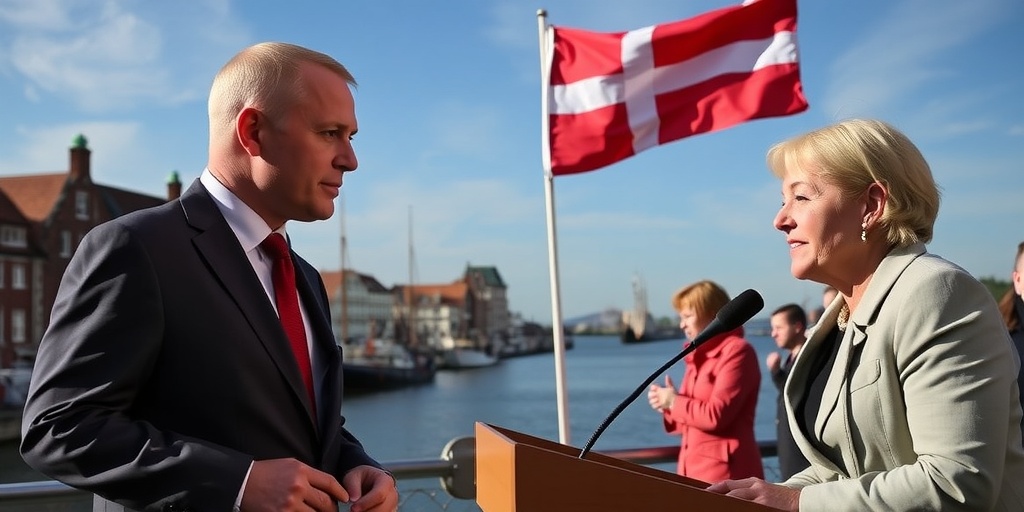Now Reading: Greenpeace Faces $300 Million Lawsuit that Could Risk Bankruptcy
-
01
Greenpeace Faces $300 Million Lawsuit that Could Risk Bankruptcy
Greenpeace Faces $300 Million Lawsuit that Could Risk Bankruptcy
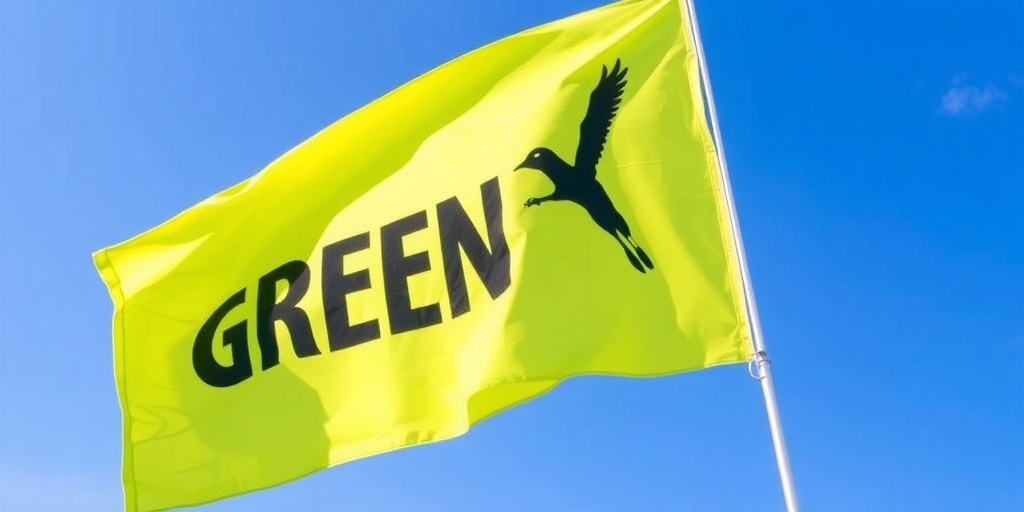
Greenpeace Faces High-Stakes Trial Over Dakota Access Pipeline Protests
Greenpeace, the renowned environmental advocacy organization, is poised to go on trial this Monday before a North Dakota jury in a potentially landmark case that could threaten the financial stability of the group. The suit, initiated by the Dallas-based company Energy Transfer in 2017, accuses Greenpeace of orchestrating protests against the Dakota Access Pipeline, which runs near the Standing Rock Sioux Reservation. These protests have drawn national attention and support from various activists and environmentalists.
The Dakota Access Pipeline, which was approved in 2016, has been a focal point of contention, particularly among Native Americans who argue that the project encroaches on sacred land and poses risks to their water supply. Following the approval, widespread protests erupted, with thousands of activists traveling from across the U.S. to join the resistance near the reservation, leading to a prolonged encampment. “Water Is Life” became a rallying cry for the movement, emphasizing the importance of the land and water to the Native communities.
Greenpeace’s role in these protests has generated controversy. While the organization supports environmental activism, its involvement has come under scrutiny amid Energy Transfer’s claims that Greenpeace played a pivotal role in inciting the protests. The company contends that its lawsuit is not an infringement on free speech rights but seeks accountability for what it describes as illegal actions. In an August statement, Energy Transfer emphasized the lawsuit’s focus on legal compliance, as opposed to the organization’s attempt to frame the issue as a free speech concern.
The damages sought by Energy Transfer are staggering—amounting to $300 million, which exceeds Greenpeace’s annual budget by more than tenfold. Alongside Greenpeace, two other entities are also named in the suit: the Greenpeace Fund, based in Washington, D.C., which provides grants to various organizations, and Greenpeace International, headquartered in the Netherlands.
Given the politically charged climate surrounding the trial, many observers are skeptical about Greenpeace’s chances of swaying a jury in predominantly conservative North Dakota. The state’s political landscape is influenced by figures like Doug Burgum, former governor and President Trump’s interior secretary appointee, and Kelcy Warren, Energy Transfer’s executive chairman known for his support of Trump.
As the trial unfolds over the next five weeks at the state court in Mandan, N.D., Greenpeace’s interim director, Sushma Raman, has framed the case as a vital moment for First Amendment rights, particularly concerning the freedoms of speech and peaceful assembly. She has asserted that this trial represents a significant challenge not only under the Trump administration but well into the future.
Greenpeace’s legal team, including Deepa Padmanabha, contends that the organization supported and facilitated the protests but did not lead them. “We were involved in training nonviolent direct action,” Padmanabha remarked, adding that the organization should not be held liable for the actions of individuals in a collective protest environment. The lawsuit’s basis in claims of trespass and conspiracy raises concerns about “collective protest liability,” where groups could be held accountable for the actions of each participant, potentially stifling future activism.
The initial lawsuit filed by Energy Transfer aimed to link the protests to organized crime through the Racketeer Influenced and Corrupt Organizations Act (RICO), but it was dismissed by a federal judge who noted that the allegations did not meet the legal threshold for establishing a RICO enterprise. Subsequently, the lawsuit was refiled in state court, leading to the current proceedings.
The implications of a ruling against Greenpeace could reverberate throughout the activist community, as it could set a precedent for other corporations to utilize similar tactics against protest groups. This scenario may deter participation in peaceful demonstrations, thereby undermining the rights to free assembly and expression.
In response to the legal challenges it faces, Greenpeace has also pursued action of its own, filing a countersuit against Energy Transfer in Amsterdam this month, citing European Union directives that protect against Strategic Lawsuits Against Public Participation (SLAPP). The aim is to recover costs incurred during the litigation, highlighting the growing complexity of the legal battle.
As the trial commences, the outcomes appear uncertain. However, the case undoubtedly stands as a significant point of reference for the intersection of corporate interests, environmental protests, and civil liberties in America, potentially reshaping the landscape for future activism.
Stay Informed With the Latest & Most Important News
Previous Post
Next Post
-
 01New technology breakthrough has everyone talking right now
01New technology breakthrough has everyone talking right now -
 02Unbelievable life hack everyone needs to try today
02Unbelievable life hack everyone needs to try today -
 03Fascinating discovery found buried deep beneath the ocean
03Fascinating discovery found buried deep beneath the ocean -
 04Man invents genius device that solves everyday problems
04Man invents genius device that solves everyday problems -
 05Shocking discovery that changes what we know forever
05Shocking discovery that changes what we know forever -
 06Internet goes wild over celebrity’s unexpected fashion choice
06Internet goes wild over celebrity’s unexpected fashion choice -
 07Rare animal sighting stuns scientists and wildlife lovers
07Rare animal sighting stuns scientists and wildlife lovers













